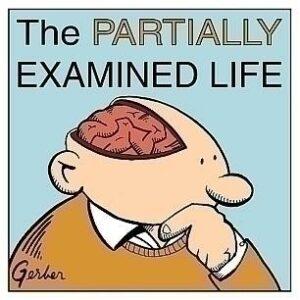
In this episode of Startalk Radio, the Future of Life award is discussed, which is given to individuals who have made significant contributions to safeguarding the future of humanity. The focus of this episode is on the recipients of the 2023 award, Larry Lasker and Walter Parks, renowned storytellers who have used their craft to prevent nuclear war. Through their work on films like War Games and The Day After, Lasker and Parks have highlighted the dangers of nuclear proliferation and the importance of narrative in popular culture.
Larry Lasker and Walter Parks, recipients of the 2023 Future of Life award, have made significant contributions to the preservation of civilization through their storytelling. Their films, such as War Games and The Day After, have highlighted the dangers of nuclear proliferation and the potential risks of artificial intelligence. By involving kids in the stories, they emphasize the impact on future generations and the importance of preventing nuclear war.
The Future of Life award recognizes the power of narrative in popular culture to educate the public about serious issues. Films like War Games and The Day After have influenced the collective consciousness about artificial intelligence and its potential risks. Through pop culture and humor, these films attract people to science and shape their understanding of complex topics.
The Day After, a TV movie aired in 1983, had a profound impact on President Reagan and led to the signing of the intermediate missile range treaty with Gorbachev. By depicting the aftermath of a total thermonuclear exchange, the movie helped people imagine the unimaginable and understand the seriousness of nuclear war. The panel of experts analyzing the film, including Carl Sagan and Henry Kissinger, further emphasized its significance.
The discussion stresses the importance of actively considering the potential consequences of a nuclear war and taking action. Merely relying on luck and hope is not a viable strategy. People must demand change in large numbers and address the concerning talk of limited strike capabilities and the continuous development of nuclear weapons.
Larry Lasker and Walter Parks have demonstrated the power of storytelling in preventing nuclear war. Through their films, they have raised awareness about the dangers of nuclear proliferation and the potential risks of artificial intelligence. The Future of Life award acknowledges the role of narrative in popular culture and its ability to educate and influence public understanding. It is a call to action for individuals to actively consider the consequences of a nuclear war and work towards safeguarding the future of humanity.